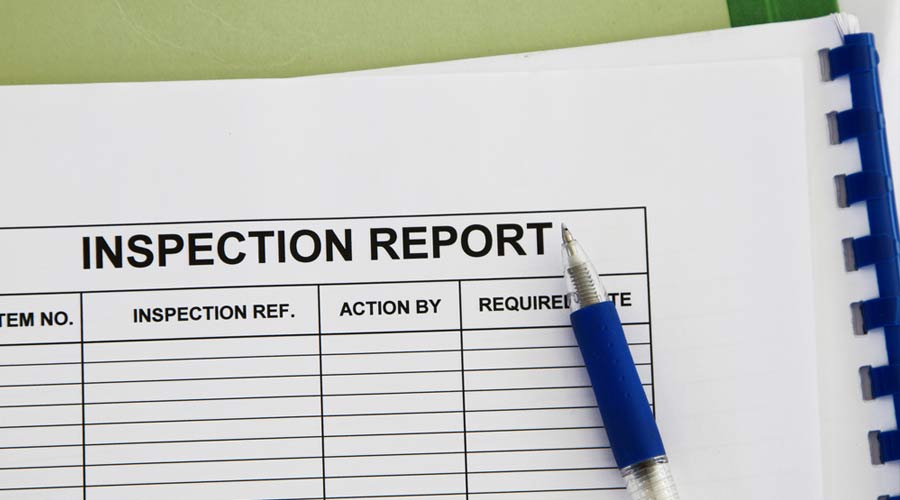For two years, millions of the nation’s healthcare workers have been battling the coronavirus pandemic. Many have endangered themselves as they care for those who contract COVID-19 while working in high-risk settings that expose them and their families.
As the nation moves to the next phase of the pandemic, the U.S. Department of Labor is preparing for new variants that might emerge and providing healthcare workers with additional protection.
The Occupational Safety and Health Administration (OSHA) recently announced an enforcement memorandum for a short-term increase in highly focused inspections directed at hospitals and skilled nursing care facilities that treat or handle COVID-19 patients.
OSHA says its goal is to expand its presence to ensure continued mitigation to control the spread of COVID-19 and future variants of the SARS-CoV-2 virus and protect the health and safety of healthcare workers at heightened risk for contracting the virus.
The agency will initiate focused inspections to emphasize monitoring for current and future readiness to protect workers from COVID-19. Follow-up inspections will be conducted at sites that were previously issued citations, as well as where complaints were received but the agency did not conduct in-person inspections.
OSHA intends to expand its presence in targeted high-hazard healthcare facilities during a three-month period that ends June 9, 2022. Through this focused enforcement initiative, the agency will verify and assess hospital and skilled nursing care employers’ compliance actions taken, including their readiness to address any ongoing or future COVID-19 surges.
This initiative supplements OSHA’s targeted enforcement under the Revised COVID-19 National Emphasis Program, DIR 2021-03 (CPL 03), by conducting focused follow-up and monitoring inspections of previously inspected or investigated hospitals and skilled nursing care facilities within four North American Industry Classification System codes listed in the memorandum where COVID-19 citations or Hazard Alert Letters were issued, including remote-only inspections where COVID-19-related citations were issued.

 UF Health Hospitals Rely on Green Globes to Realize Their Full Potential
UF Health Hospitals Rely on Green Globes to Realize Their Full Potential How Healthcare Facilities Can Be Truly Disaster-Resilient
How Healthcare Facilities Can Be Truly Disaster-Resilient TriasMD Breaks Ground on DISC Surgery Center for San Fernando Valley
TriasMD Breaks Ground on DISC Surgery Center for San Fernando Valley Bigfork Valley Hospital Falls Victim to Data Breach
Bigfork Valley Hospital Falls Victim to Data Breach AI-Driven Facilities: Strategic Planning and Cost Management
AI-Driven Facilities: Strategic Planning and Cost Management